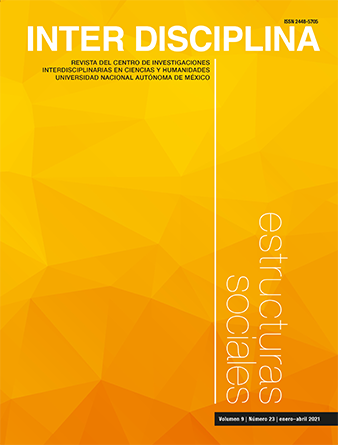Editorial
Contenido principal del artículo
Resumen
Related to the articles that are included in this number, despite the diversity of their methodology and themes, all of them point out clearly structural phenomena of our societies: the social and productive structure, the work insertion, the education, the vocational training, human rights related to the fragility of democratic system and, besides, the social network analysis as a useful tool for characterize structural problems.
Thus, we are interested in remark the importance of two dimensions that are developed in all articles included. On the one hand, the structural problems linked to the labour market problems; on the other hand, the importance of the methodology and the network perspective for the analysis of the social and productive structure.
To watch the many edges of labour market phenomena from the structural point of view has a special importance, because allows us understand processes that, at least in the last forty years, they became deeper in the Latin American region. We refer to the raising structural heterogeneity into the different labour markets. This problem we could directly see in the strong differences in how is the work insertion of the millions of Latin-American workers. This kind of phenomena can't be approached accurately if we do not use a structural framework because, as usual, we'll do a recursive or circular explanation of them.Descargas
Detalles del artículo

Esta obra está bajo una Licencia Creative Commons Atribución-NoComercial-SinDerivar 4.0 Internacional.

